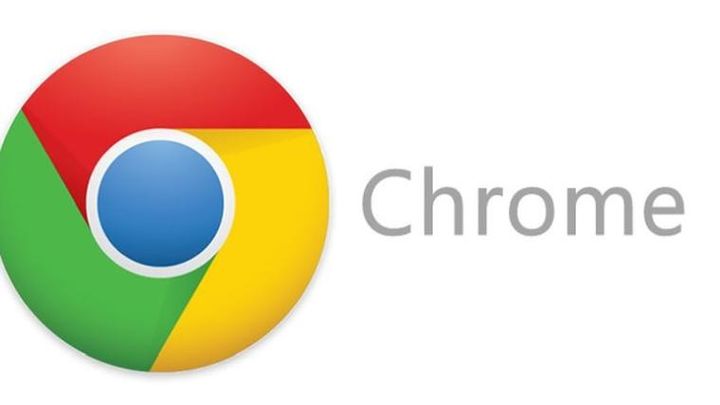Google Chrome may disable ad-blocks
Google is getting ready to take on advertising blocking (using AdBlock type plug-ins). The most popular browser will probably see a modification of the employed engine - Chromium.
Google Chrome will probably introduce some major changes. Modifications will be made to the Chromium engine, on which the browser runs. The changes were described in a document called Manifest v3, which compiles the innovations that may be implemented in Chromium. One of them concerns access to the API. This will limit the functionality of external plug-in, including those blocking content, which include AdBlock plug-ins. The reason why the changes are to be introduced is to improve the functioning of the browser and increase security.

The API is a tool that allows you to use functions provided by another program in an application. In the case of Google Chrome, the API called webRequest is responsible for communication with external plugins. It is thanks to it that most of the available AdBlocks work. It allows plug-ins to access and, if necessary, block the requests that a website sends to the browser.
Google wants to introduce a new API interface – declarativeNetRequest. It is currently in beta phase. In this case, all requests from websites will go directly to the browser, omitting any external plugins.
It is worth mentioning, that if the change is implemented, it can affect not only Google Chrome users. Another browser that runs on Chromium is Opera, and in the near future it will also be used by Microsoft Edge.
Although webRequest is to be retained even after the official introduction of declarativeNetRequest, its functionality will be severely limited. This means that web browser will have full control over the pages you are browsing and what will be displayed on them. On the one hand, the change will speed up the browsers and minimize the insight of third parties into users' web requests, but on the other hand, it will block the user from deciding what they want to see on a given website.
Please note that Manifest v3 describes only potential changes and is still being modified. It is therefore possible that the details of the new API still do not have their final shape. However, if they are implemented in their current form, the only remaining option to block ads will be to use Google Adblock Plus cooperating with Google or changing the browser to one that does not use Chromium, e.g. Firefox.
- Former Blizzard employee claimed StarCraft 2 earned less than a WoW mount. Now that claim is backfiring on him
- Developer blames piracy for Son & Bone's poor sales. „We can't devote time and resources into something that will be pirated and given away for free”
- Whole truth about Disco Elysium fate in 18 hours. Watch first part of interview with former ZA/UM devs
- Valve explicitly bans games that force players to watch ads
- Baldur's Gate 3 actress criticized RPG devs who are creating a „spiritual heir” to Disco Elysium